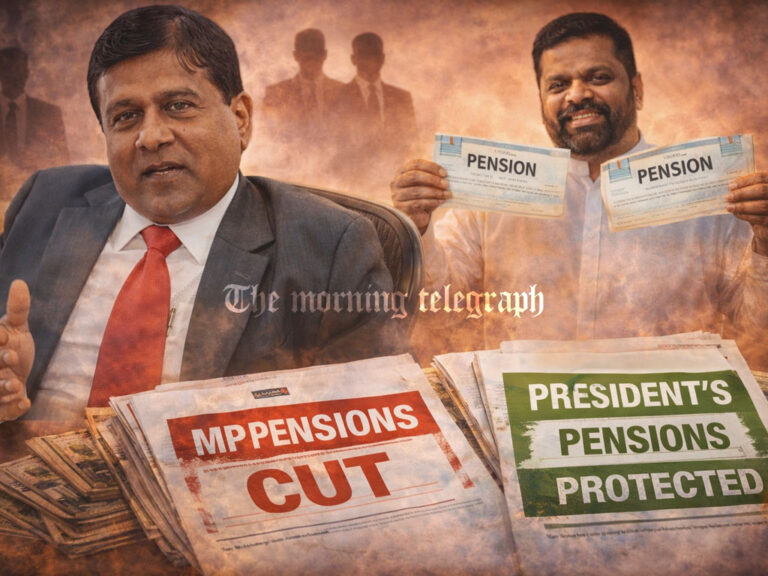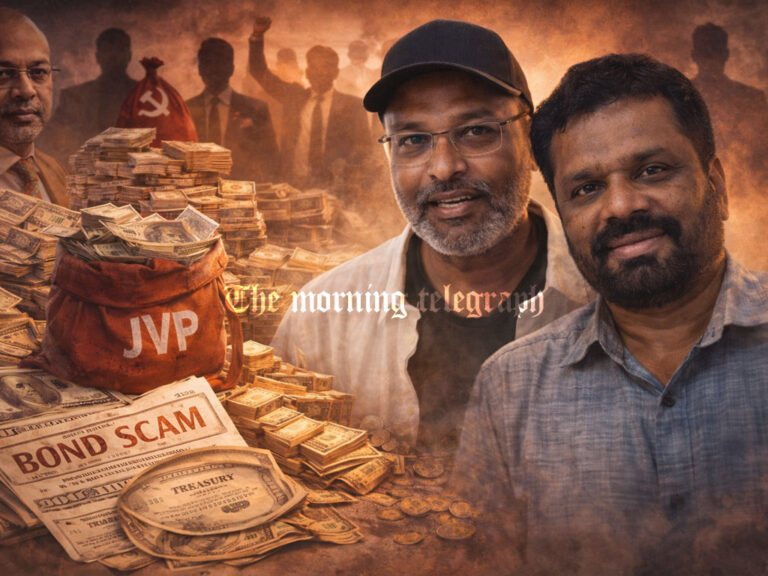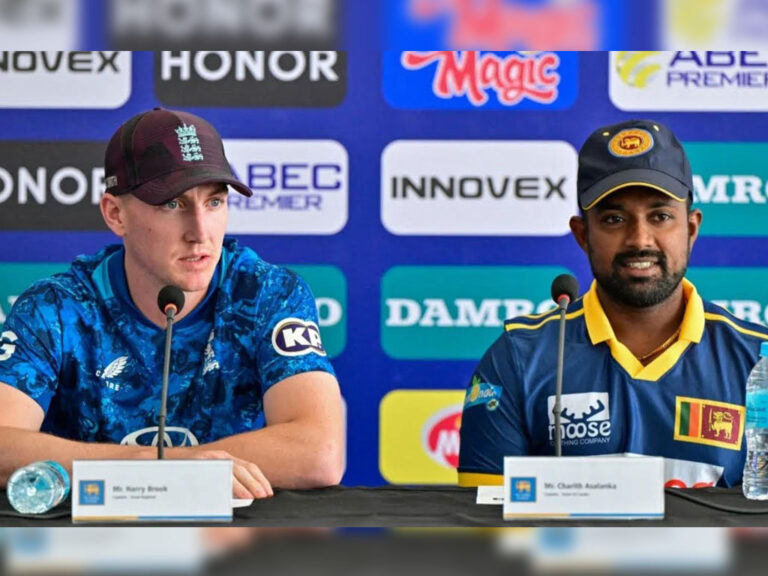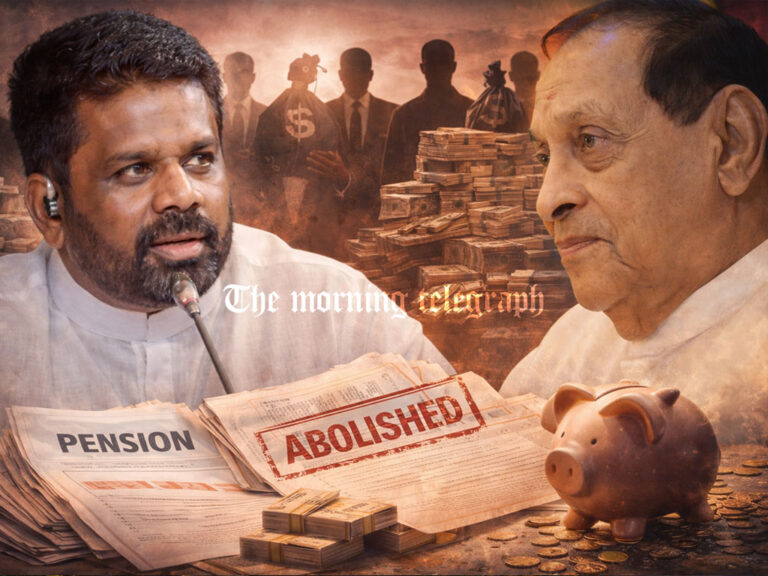
Colombo, Sri Lanka – Deputy Minister of Economic Development, Professor Anil Jayantha, acknowledged that while his government aims to provide tax relief on essential goods, there were certain limitations in the 2025 budget. Speaking during the 360-hour program broadcast on TV Derana on February 17, he emphasized that not all economic reforms can be implemented in a single budget.
“We definitely accept that everything cannot be done in one budget. However, we do not claim that this first budget will accomplish everything stated in our policy framework. A budget represents a specific step in a larger journey, whereas policy is broad and long-term. Actions must have a timeline, but a vision does not necessarily have one,” he explained.
Addressing concerns about the 18% Value-Added Tax (VAT), Professor Jayantha reiterated that it is an indirect tax that needs to be reduced. However, he pointed out that reducing VAT immediately is not feasible due to the country’s current economic constraints and obligations under the International Monetary Fund (IMF) program.
“We have always maintained that an 18% VAT is too high, and we continue to believe it should be lowered. However, the IMF program imposes restrictions that limit our ability to make drastic changes immediately. If we were operating without the IMF program, we could have eliminated VAT on essential goods in this first budget itself. But at this moment, our priority is to gradually remove VAT on essential items over time while maintaining economic stability,” he stated.
Professor Jayantha’s remarks highlight the government’s long-term economic approach, where policy commitments are implemented progressively, rather than through immediate sweeping reforms.




